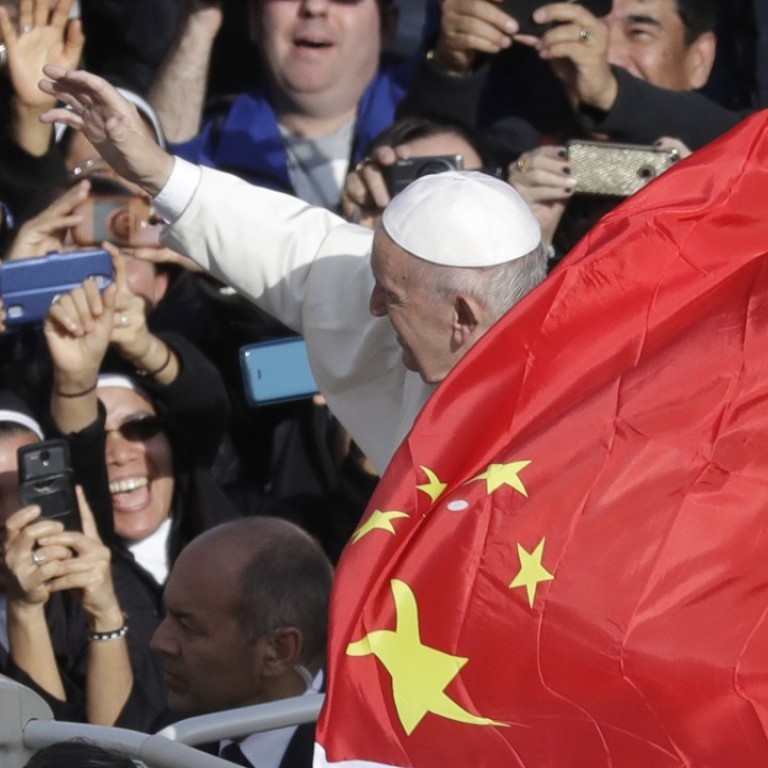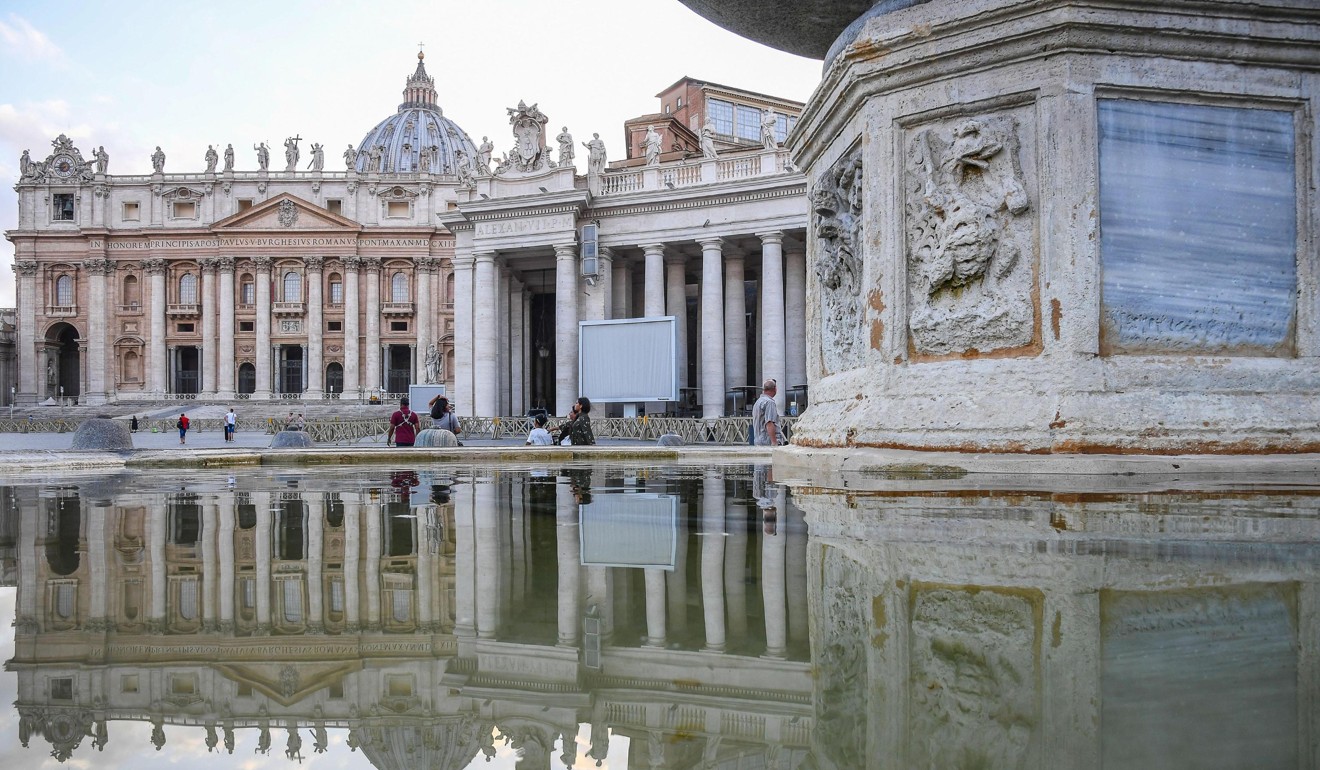
Vatican move to make way for Beijing-backed bishops raises flags for Taipei
But analysts say if Holy See is paving the way to switch recognition from Taipei to Beijing, it won’t necessarily prompt other Taiwan allies to follow suit
The Vatican has asked two underground bishops to make way for Beijing-approved ones, a move that has again raised questions over whether the Holy See could be seeking to normalise ties with Beijing and end its formal relations with Taipei.
The Vatican is the only European state that maintains formal diplomatic relations with Taiwan. If it does switch recognition to Beijing it would be another blow for self-ruled Taiwan after Panama decided to shift diplomatic ties in June. That left only 20 allies – mostly small Latin American and Caribbean nations, plus the Vatican – that still officially recognise Taiwan.
But analysts say that if the Vatican is paving the way to make the switch, it would not necessarily cause a chain reaction among Taipei’s 12 allies where Catholicism is the official religion.
The Vatican has asked Bishop Peter Zhuang Jianjian of Shantou, in southern Guangdong province, to retire, making way for Chinese government-backed Huang Bingzhang, AsiaNews, the official outlet of the Pontifical Institute for Foreign Missions, reported on Monday.
Zhuang was secretly ordained in 2006 with Vatican approval but only recognised by Beijing as a priest. Huang meanwhile was excommunicated by the Holy See in 2011 after he was consecrated without approval, and he is also a member of China’s parliament.
Bishop Joseph Guo Xijin of Mindong was also asked to stand aside. He will be demoted to assistant to Bishop Vincent Zhan Silu, one of seven illicitly ordained bishops awaiting recognition from the Vatican, the report said.
Beijing broke ties with the Vatican in 1951. Since then, the Communist Party has closed churches and imprisoned priests. Catholics may legally practise their religion only in state-sanctioned churches, which are not overseen by the Vatican and have bishops that are appointed by Beijing rather than the Pope.

Zhou Tailiang, secretariat chief of the Chinese Patriotic Catholic Association, said he was not surprised the Vatican was recognising Huang and Zhan since they both had long experience in religious service in China.
But Anthony Lam, a senior researcher at the Holy Spirit Study Centre in Hong Kong, said he was highly suspicious about the move since it would mean the Vatican was compromising on the issue of ordination of priests.
Liu Guopeng, a religion studies expert at the Chinese Academy of Social Sciences, said it would have great symbolic meaning if the Vatican did decide to switch diplomatic recognition from Taipei to Beijing.
“Whether other countries where Catholicism reigns will follow in its footsteps and cut ties with Taipei is hard to predict,” Li said. “But since the Vatican is Taiwan’s only ally in Europe ... it would deal a huge blow to the island.”
Alexander Huang, an international relations expert at Tamkang University in Taipei, said although Taipei was concerned about the Vatican and Beijing edging closer, if the Holy See chose to cut ties with Taiwan it did not mean other countries where Catholicism was the official religion would do the same.
“Although it might seem logical to say these countries might follow the Vatican’s lead if it chooses Beijing over Taipei, diplomatic ties are established on the basis of national interests, not religion,” Huang said.
Beijing considers Taiwan a wayward province subject to eventual union – by force if necessary.
It has suspended talks and exchanges with Taiwan and, as well as Panama, it has also convinced Sao Tome and Principe to switch its recognition from Taipei to Beijing since Tsai Ing-wen, of the independence-leaning Democratic Progressive Party, became president in May 2016.
Tsai refuses to accept the “one China” principle and Beijing has said it will only resume cross-strait exchanges and talks when she does so.

